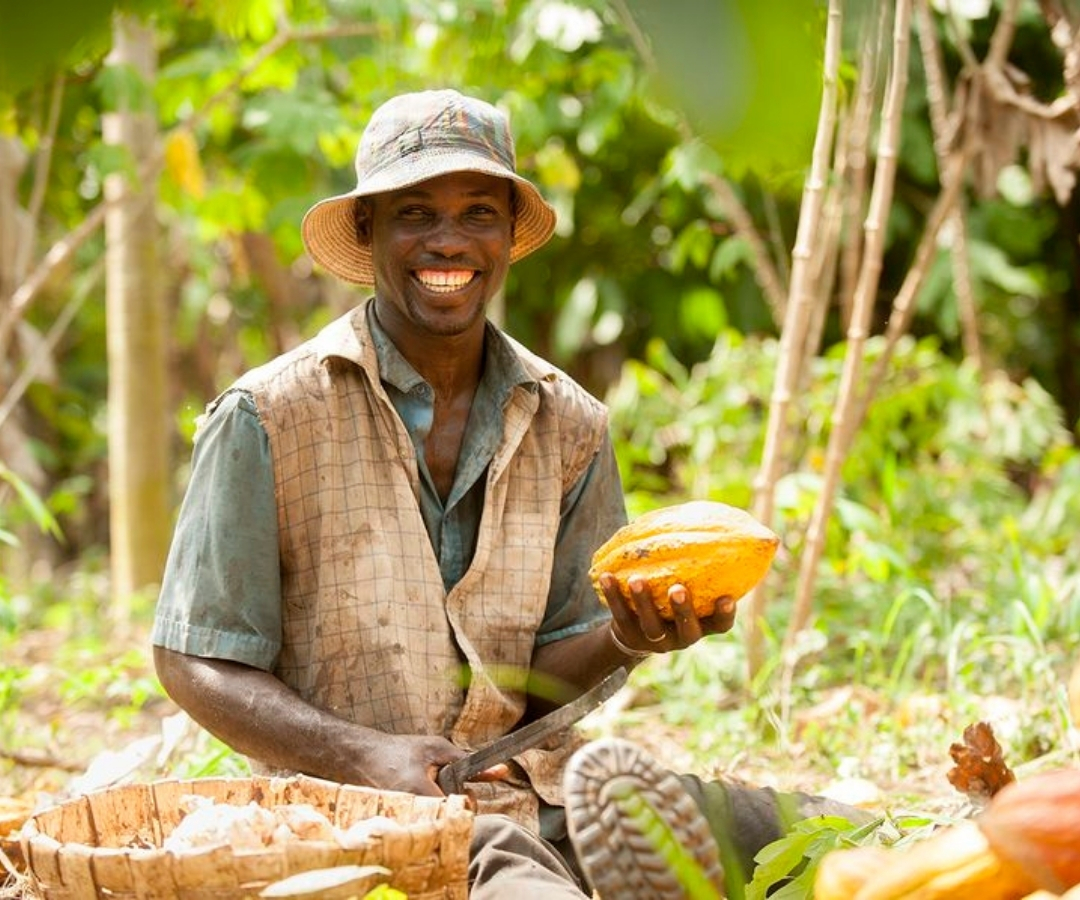Nigeria’s cocoa industry has achieved a remarkable milestone, overtaking crude oil as the country’s primary export to Belgium in 2024. The shift, confirmed by Belgian Ambassador to Nigeria, Pieter Leenknegt, marks a significant realignment in Nigeria’s trade profile — one that carries major implications for sustainable development and agricultural resilience in West Africa.
Data from the Nigeria’s National Bureau of Statistics, reveals the scale of the change: in the fourth quarter of 2024, cocoa exports rose by an unprecedented 606 percent, jumping from ₦171 billion in the same period of 2023 to ₦1.2 trillion. The momentum has not slowed. In the first quarter of 2025 alone, cocoa shipments generated ₦1.32 trillion, accounting for 77 percent of Nigeria’s total agricultural export value of ₦1.70 trillion for the period.
The surge in exports is being driven by a combination of factors. The sharp depreciation of the naira has made Nigerian cocoa more competitive on the global market, prompting farmers and traders to sell abroad to earn valuable foreign exchange. This trend has been amplified by climate-related production challenges in the Ivory Coast and Ghana — the world’s two largest cocoa producers — whose reduced output has left room for Nigeria to capture greater market share.
Ambassador Leenknegt noted that this is the first time in recent history that Belgium’s imports from Nigeria have been led by cocoa rather than oil. “Nigeria’s exports to Belgium have historically also been mostly crude oil. Now, that is no longer true in 2024, because now cocoa has overtaken crude oil as a main product of export to Belgium,” he told Premium Times. This change, he added, creates an opening for Belgium and Nigeria to broaden their trade relationship beyond fossil fuels and into agriculture and health — sectors he sees as central to the bilateral agenda in 2025.
Belgium’s strong demand for Nigerian cocoa is also reshaping the country’s import profile. Imports of refined petroleum from Belgium are on the decline, a trend expected to continue with the ramp-up of operations at the Dangote Refinery in Lagos. This could further tilt the trade balance in favour of agricultural products in the years ahead.
Read also: CDP report finds climate action delivers 7x Returns with Africa positioned for the largest upside
However, experts caution that Nigeria’s cocoa boom is not solely a product of increased production capacity. Many smallholder farmers and exporters are prioritising the sale of raw beans abroad rather than processing them into higher-value products such as chocolate, largely because the returns in foreign exchange are far greater. While this benefits short-term export earnings, it raises concerns about missed opportunities for domestic value addition, job creation, and the long-term sustainability of the sector.
For sustainability advocates, the cocoa surge offers both opportunity and challenge. On the one hand, it underscores the potential of agriculture to drive Nigeria’s diversification away from oil dependency. On the other, it highlights the need for climate-smart farming practices, responsible land management, and investments in local processing that can maximise value while safeguarding ecosystems.
Read also: Niger takes control of Samira Hill Gold Mine, eying greater share of Gold value chain
If approached strategically with policies, that incentivize sustainable cultivation, improve supply chain transparency, and expand domestic manufacturing — Nigeria’s cocoa industry could become not just an economic engine, but a model for how African nations can adapt to shifting global markets while building greener, more resilient economies.
The cocoa bean may be small, but in Nigeria’s trade relations with Belgium, it has now eclipsed the mighty barrel of oil — and with it, perhaps, signalled a future where sustainable agriculture takes centre stage in Africa’s growth story.
Read also: NECA-Oyo state alliance marks turning point for subnational sustainability in West Africa

